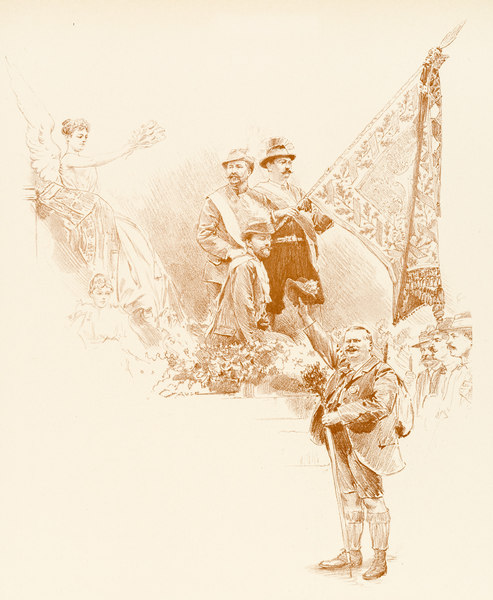In the nineteenth century the Germans were considered by many to be the most important ‘guarantors of culture’ in Central Europe and were themselves convinced that they had a special cultural ‘mission’ to fulfil. This assumption, however, was increasingly challenged by the newly founded nationalist movements of the smaller peoples of the region.
